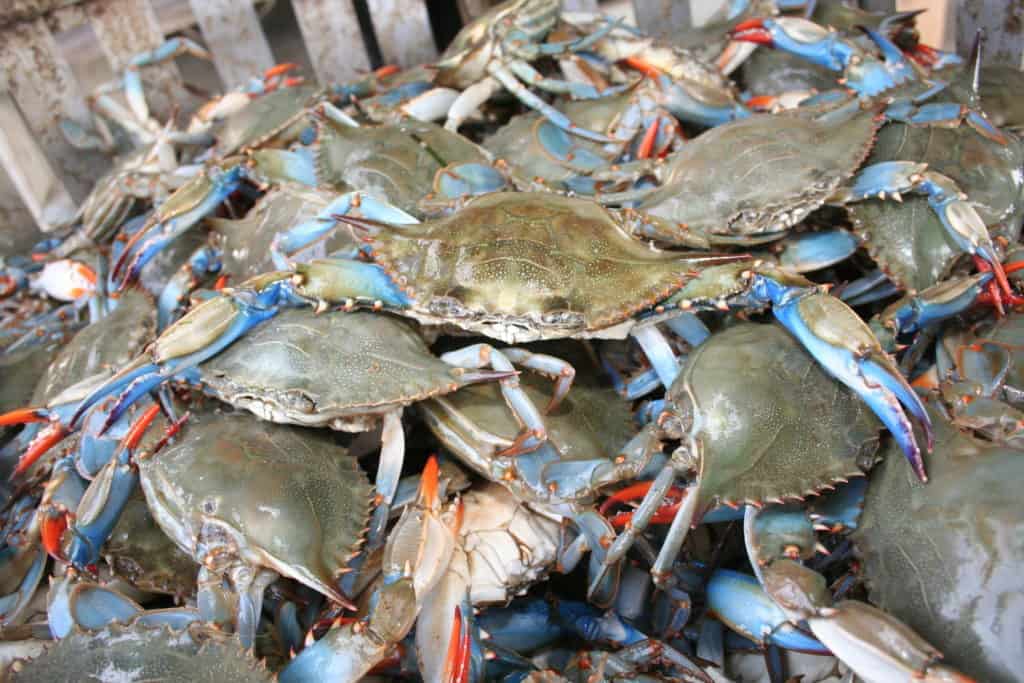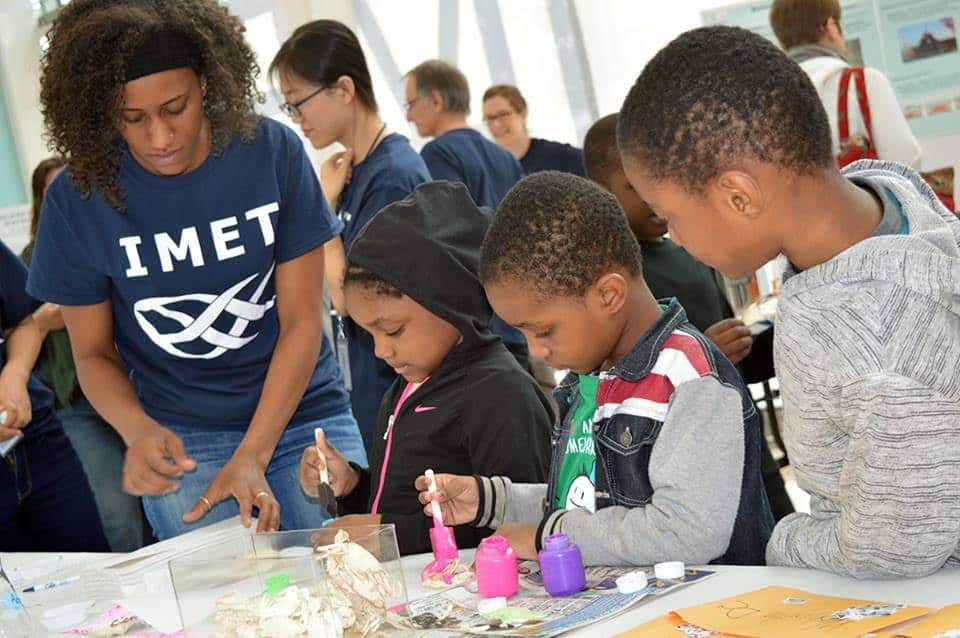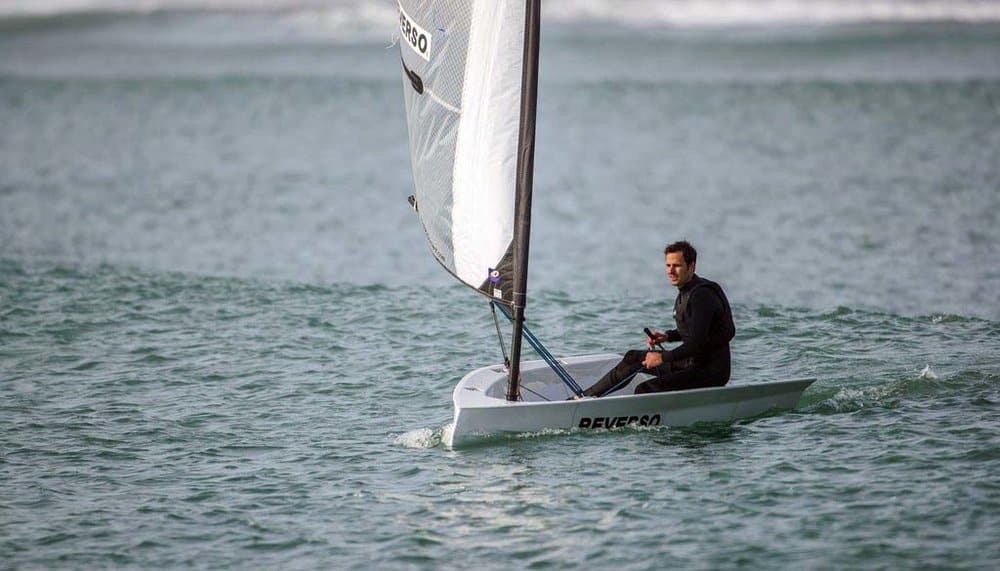A new research project aims to extend the shelf life of Chesapeake Bay blue crab meat, making the region’s seafood industry more competitive globally.
In recent years, the U.S. blue crab industry has faced increasing competition from imports, especially Venezuelan fresh pre-cooked crab for its longer shelf life.
The University of Maryland, College Park has secured nearly $300,000 through NOAA, from the 2020 Saltonstall-Kennedy Competitive Grants Program, to study a new crab meat processing technology. The goal? To help local seafood get back its market share.
In a joint statement announcing the funding, U.S. Senators Chris Van Hollen and Ben Cardin and Congressman Steny H. Hoyer (all D-Md.) said, “Few things are as iconic as the Chesapeake Bay blue crab, and its harvest is a cornerstone of Maryland’s local economies. This grant will expand the competitiveness of domestically produced crab meat in the face of intense foreign competition, and will help unlock new markets for an important Maryland industry,”
The new high-pressure processing technology UMD is researching will extend shelf life of domestic crab products, while improving food safety and helping local watermen, processors and seafood sellers compete with foreign crab meat.
The Saltonstall-Kennedy Grant Program is used by the Secretary of Commerce to give grants for fisheries research projects related to harvesting, processing, marketing and associated business infrastructure.
More information on the grant program can be found at https://www.fisheries.noaa.gov/grant/saltonstall-kennedy-grant-program
-Meg Walburn Viviano




